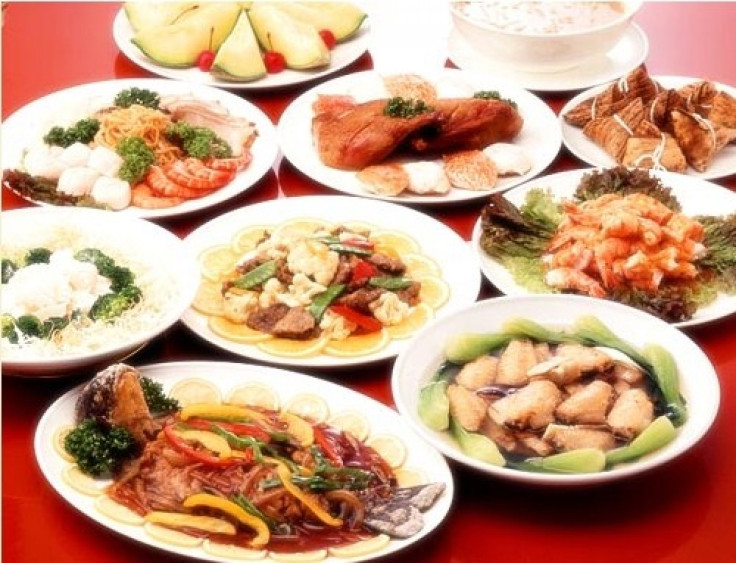China's Startling Food Waste: What Is Thrown Out Every Year Could Feed 200 Million People

While their North Korean allies are reportedly resorting to cannibalism as a result of famine, the Chinese have the opposite problem: They are wasting food.
Last year, researchers at China Agricultural University revealed shocking statistics on the country’s wasteful food habits. According to the study on 2,700 families in small, mid-size and large cities, the amount of food wasted on these tables in one year alone could feed 200 million people.
In university canteens, the study reported that one-third of the food purchased was wasted, enough to feed an additional 10 million people for one year, highlighting that the waste problem is not just among China’s rich and powerful, as many suspected.
China’s blogosphere jumped on these statistics, prompting a new campaign that Chinese social media is calling “Operation Empty Plate,” calling not only for China’s wealthy to scale back wastefulness but for everyone to take part.
The movement is slowly growing among citizens and restaurant owners. According to the Shanghaiist, a Shanghai-based news-blog, Chen Guangbiao, a Chinese millionaire and philanthropist, publicly staked his position on restaurant food waste, when he and 40 of his staff members dined on the leftovers from customers at a Nanjjing restaurant. The China Daily reported that almost 750 restaurants in Beijing have also joined in, by offering smaller food portions and encouraging diners to take home leftover food. A Qingdao restaurant has adopted a food-saving slogan and had it inscribed on signs that are set on every table in the restaurant.
President-in-waiting Xi Jinping has already announced government-level efforts to scale back wastefulness, not only with food, but with anything that is excessive. Xi’s minimalist style may save lots of food and money; according to the China Youth Daily, the official newspaper of the Communist Youth League, money spent on lavish government banquets was estimated to be 300 billion yuan ($48 billion) just last year.
China’s official Party newspaper, the People’s Daily has also given the online movement the seal of approval as well. The newspaper published two front page articles calling for less food waste and, in a rare act, encouraging the online campaign that has fueled the movement.
China Youth Daily encouraged the movement to go beyond online discussion and get to a practical level. Policymakers seem to be willing to try it. The Taiwan-based Want China Times reported that Beijing will soon adopt a pilot program to charge residents varying garbage collection fees based on the amount of food thrown out.
© Copyright IBTimes 2024. All rights reserved.












